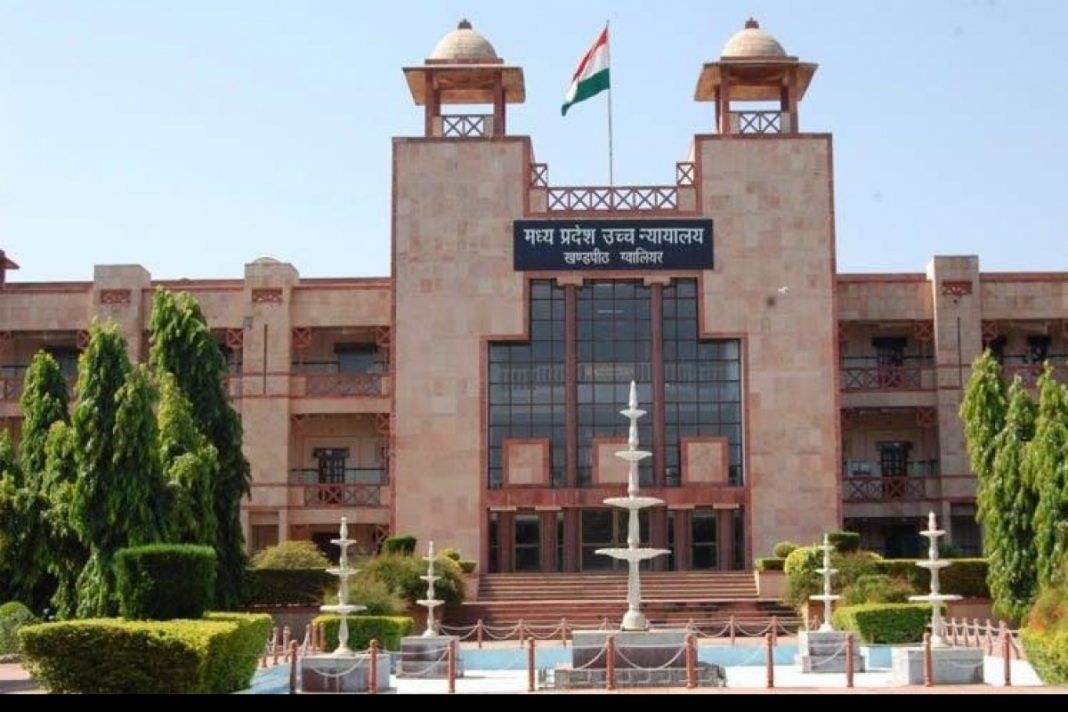The Madras High Court on Wednesday dismissed a PIL seeking a direction to the respondent to consider and act on the representation made by the petitioner over the affairs of the Kilpauk Mental Hospital.
According to the representation dated 23.10.2021, someone met one Nataraja Murti, son of Kakkan, who was a Minister in the Kamaraj Ministry, in the hospital premises. It is averred that Nataraja Murti is in the hospital for the last 30 years; his legs are chained and he has been neglected by everyone. The allegation is that Nataraja Murti is not being looked after properly by the hospital administration. It is further alleged that there are about 3,000 inmates in the hospital of which 500 are fully cured, but they are not being released and are suffering mental agony. It is also stated that the hospital administration has demanded Rs 1 lakh to shoot a film. It is further stated that the sorry state of affairs prevailing in the hospital and the aforesaid facts were viral on social media. The petition is, thus, basically based on the message viral on social media.
The Division Bench of Chief Justice Munishwar Nath Bhandari and Justice N. Mala observed that the petitioner has not made any effort to examine the veracity either of the message on social media or on the affairs of the hospital.
The petitioner, appearing in person, submitted that let the matter be inquired into to find out the affairs of the hospital.
“The petitioner is not in the know of the affairs of the hospital, but wants the court to conduct a fishing and roving inquiry into the veracity of the allegations made in the message viral on the social media.”
The Court found that before filing the PIL the petitioner had not made any effort to verify the authenticity of the allegations levelled against the hospital by way of an application under the Right to Information Act, 2005.
In the case at hand, the basis for filing the public interest litigation is the message viral on the social media. The petitioner has not taken any effort to verify the authenticity of the said message or the correctness of the allegations levelled by him, held the High Court.
The Court went on to observe that a PIL cannot be used to seek factual information. The petitioner ought to have sought information under the provisions of the RTI Act, 2005. Without availing of such remedy, the petitioner has rushed to this Court by filing a public interest litigation to collect information.
“The petitioner, appearing in person, without making any research, seeks this Court to make a fishing and roving enquiry. The petitioner admits that Mr Nataraja Murti is having a sister, but alleges that she is not looking after him. The condition of Mr. Nataraja Murti or his condition cannot be inferred from the viral message on social media.”
Therefore, the Court dismissed the PIL granting liberty to the petitioner to file a fresh petition, after doing sufficient research, with material to substantiate the allegations levelled by him against the hospital, if any.
The High Court relied on the following judgements:-
The Apex Court in B.P. Singhal v. State of T.N. and Others, (2004) 13 SCC 673, while dealing with a PIL, dismissed it on the ground that it lacked material particulars and the averments made were by and large based merely on newspaper reports and not on personal knowledge. It was observed that the petitioner did not even state that he had taken any step to verify the averments made.
In yet another decision in the case of Dr B. Singh v. Union of India and Others, (2004) 3 SCC 363, the Apex Court emphatically held that it was too much to attribute authenticity to any information merely because it was published in a newspaper or a journal or a magazine. In matters of Public Interest Litigation, the Supreme Court has time and again cautioned that the Court has to be satisfied about (a) credentials of the petitioner; (b) prima facie correctness or nature of information given by him; and (c) the information should not be vague and indefinite.
That apart, the Apex Court in the case of S.P. Anand vs. H.D. Deve Gowda, (1996) 6 SCC 734, held that a person filing a public interest litigation owes not only to the public but also to the Court that he does not rush to the Court without undertaking any research to raise the issues in the public interest litigation. The Apex Court warned that “a good cause can be lost if petitions are filed on half-baked information without proper research or by persons who are not qualified and competent to raise such issues as the rejection of such a petition may affect third party rights.”


